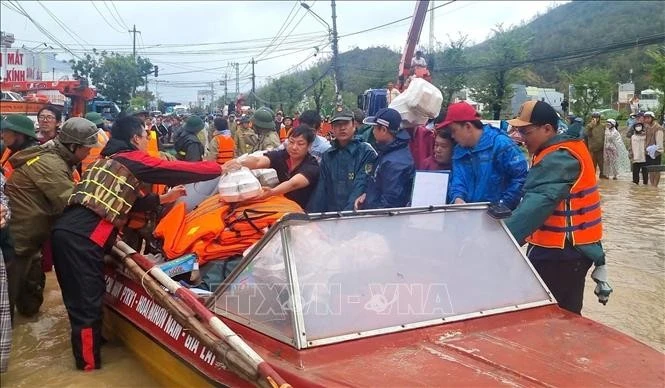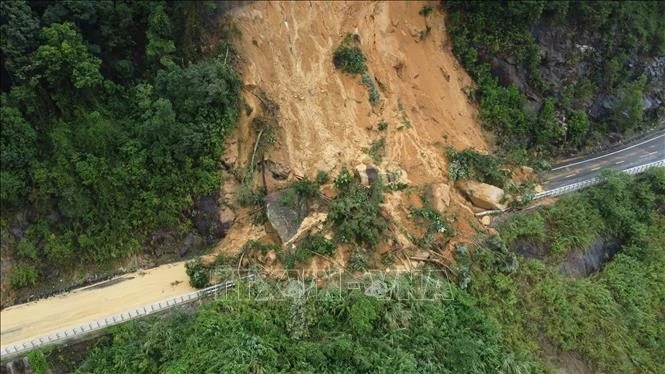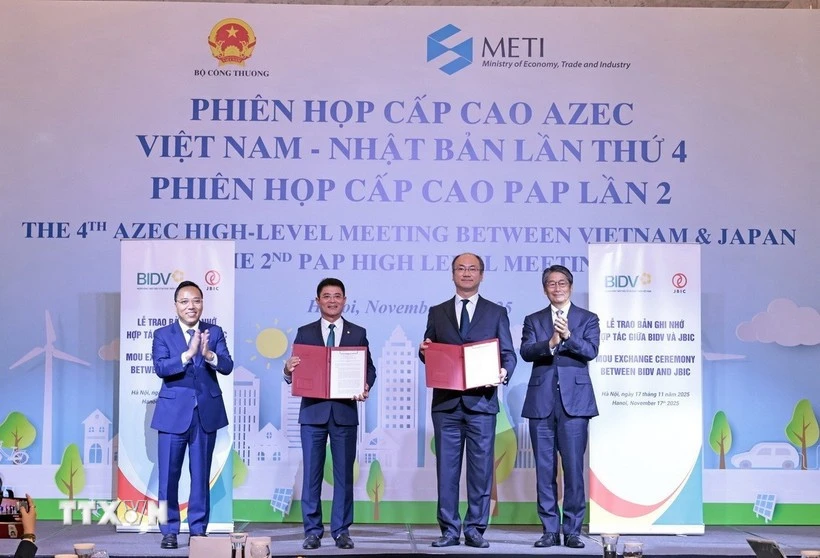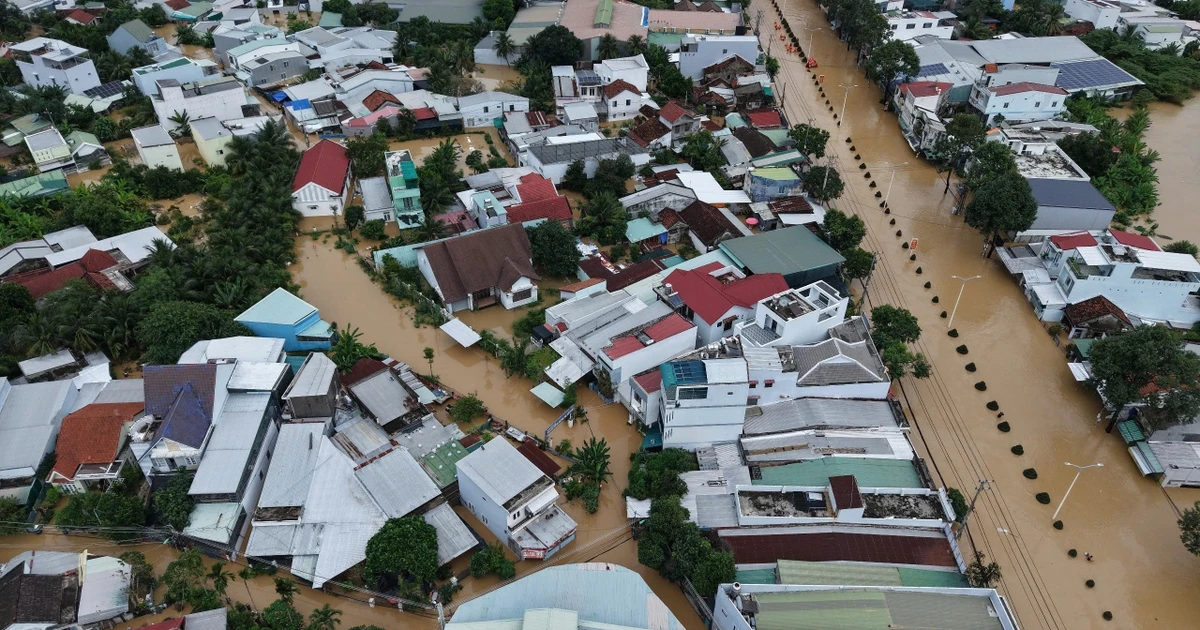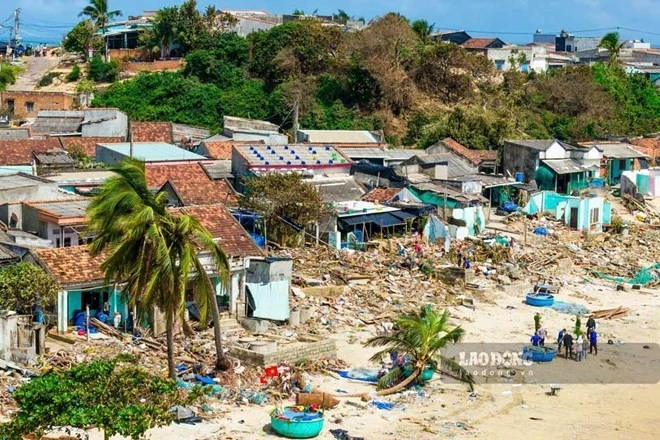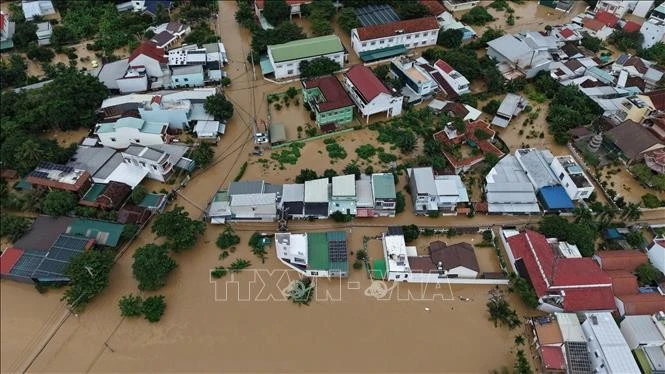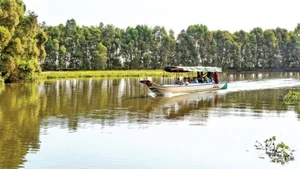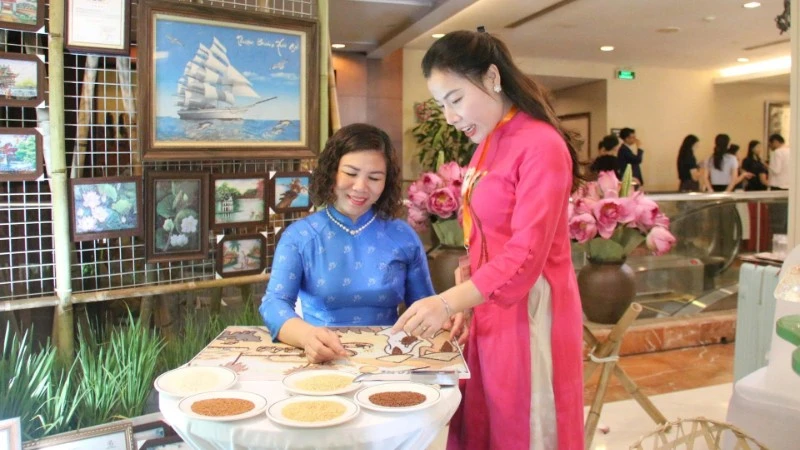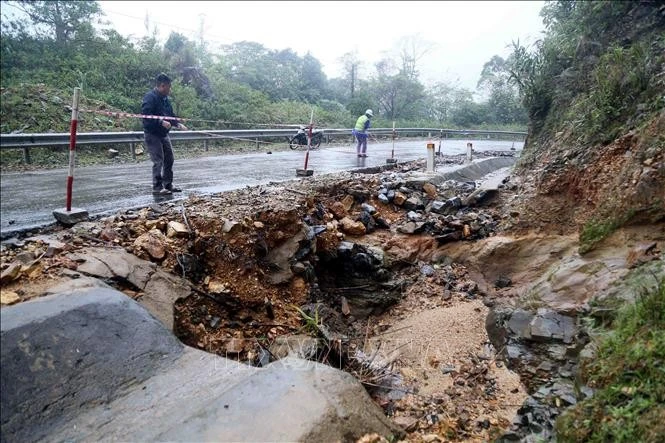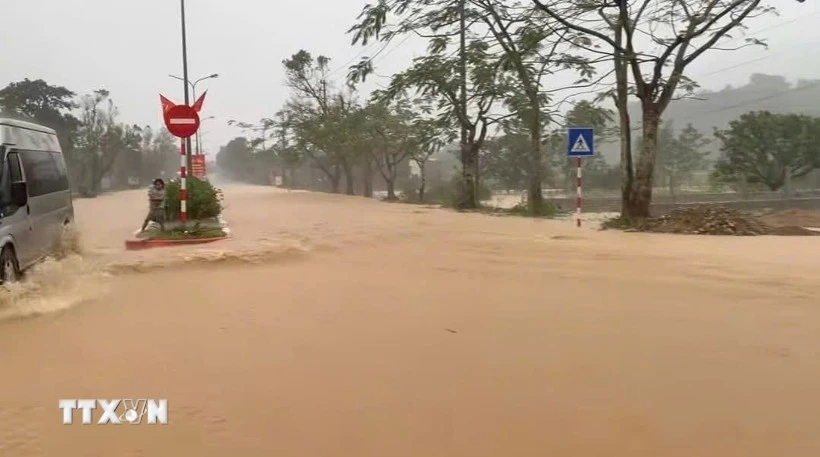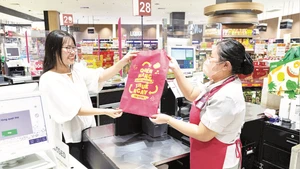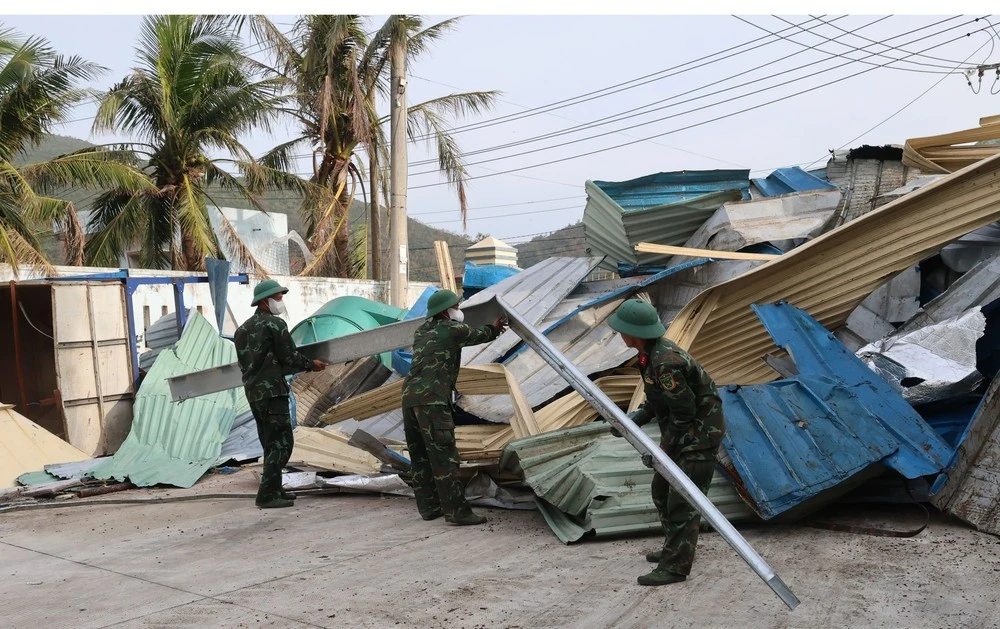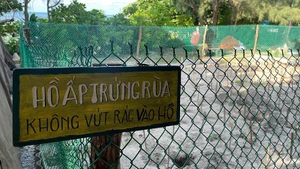"Every year, the amount of water is decreasing more and more. Drilling wells is costly, and there's no guarantee we'll find water," said Dang Van Thanh, a farmer cultivating coffee and durians in Doi Da Hamlet, Krong Buk Commune, as shared with the delegation of the Australian Consulate General in Ho Chi Minh City at a recent event on the Water Efficiency Improvement in Drought Affected Provinces Project (WEIDAP).
"I just hope a long-term solution to deal with drought. When I heard about this project, I found it very urgent and practical for us," added Pham Dang So, a resident of Hamlet 15, Krong Buk Commune.
These words also represent the expectation for a community-based change when the WEIDAP is implemented.
WEIDAP is an initiative worth more than 124 million USD, implemented in the five Central - Central Highlands provinces of Khanh Hoa, Ninh Thuan, Binh Thuan, Dak Lak, and Dak Nong, which were most heavily affected by the historic drought in the 2014-2016 period.
In Dak Lak alone, the sub-project focuses on improving water use efficiency for about 2,600 hectares of agricultural land - the area currently depends largely on drilled wells, which are potentially risky and unsustainable.
The project was signed by the Vietnamese Government with the Asian Development Bank (ADB)’s loan contracts and non-refundable aids, aiming to modernise eight irrigation systems to support the cultivation of high-value crops and improve the long-term sustainability of water resource management and usage.
The highlight of WEIDAP is the technical support and technology transfer provided by the Australian Government. With over 200 years of experience in agriculture and water management of Australia, one of the driest continents in the world, it is being transferred directly to Viet Nam through this project.
Australia partners with Viet Nam to ‘revolutionise’ irrigation
According to Phan Thanh Son, representative of the Project Design Board in Dak Lak, the new irrigation system will take advantage of the remaining water in reservoirs to supply water-deficient areas through eight pumping stations located in five lakes in four districts. Specifically, at Krong Buk Ha Lake — a hot spot for water shortages — four modern electric pump stations equipped with sensors and radar will be installed in the area for the first time.
“Thanks to technical support from Australia during the design phase, we were able to apply an advanced irrigation solution — pumping water directly into pipelines instead of building elevated tanks, as was done before,” Son said.
“This solution not only saves costs and energy but is also much more flexible, suitable for the actual needs of each household group. In fact, this design measure has been applied by the clean water sector for a long time, but it has not been popularised for irrigation systems,” he added.
Nguyen Duy Thuan, representative of the Dak Lak Province Traffic and Agricultural Work Development Project Management Board, said: “Until now, most farmers have depended on well water, but this new system will give them access to a much more stable water source. Moreover, the piped irrigation method reduces water loss and allows farmers to better manage the cultivation of high-value crops such as durians, avocados, and coffee.”
“Australia is the driest continent in the world, second only to Antarctica. However, we have still developed a strong agriculture, thanks to the smart irrigation system,” Brent Stewart, Deputy Consul General of Australia in Ho Chi Minh City, shared with the people in Krong Buk Commune.
He said that these valuable experiences are being gradually transferred to Viet Nam through projects such as WEIDAP.
The WEIDAP project is part of the Australian Government's efforts to support Viet Nam in in climate change adaptation, agricultural modernisation, and sustainable development.
In recent years, Australia has accompanied Viet Nam in many projects on clean water, smart agriculture, and renewable energy, especially in heavily affected areas such as the Mekong Delta and the Central Highlands.
WEIDAP also represents a new direction for Viet Nam's agricultural sector: modernising irrigation systems, increasing value instead of expanding area, and most importantly ensuring long-term sustainability.
If successful, the model developed in Dak Lak could be replicated across many other provinces nationwide as a practical solution to the challenge of sustainable agriculture development in the age of climate change.

